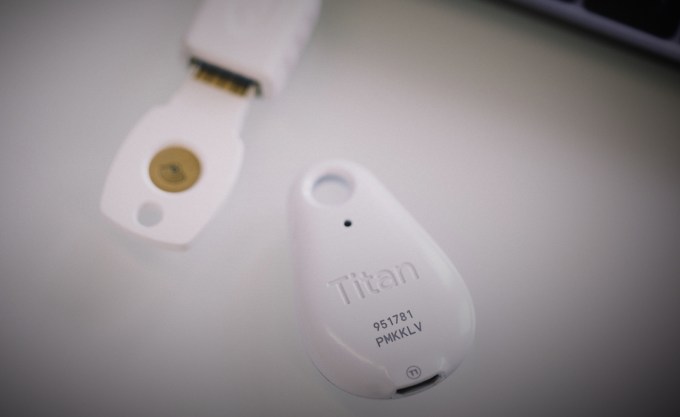For all of the swirling conversations of tech regulation that have continues the past several years, few of those waxing poetic on the topic likely assumed that Apple would be the first tech giant to capture the government’s ire, but a Supreme Court ruling this week cleared the way for an anti-trust reckoning for Apple’s walled garden App Store.
The U.S. Supreme Court ruled 5-4 against Apple on Monday, determining that a group of iPhone users will be allowed to bring an antitrust lawsuit against the tech giant. The group is alleging that Apple’s 30 percent cut in the App Store passes on an unfair cost to users that have no other options to get the apps onto their phone.
The ruling is decidedly not great for Apple, which has long-enjoyed a monopoly on app sales on its devices, with, to be fair, some very clear benefits for users along the way. If Apple were forced to allow other stores on its platform or significantly shape how it monetized app sales, this could have pretty significant effects on how platforms like iOS operate.
Shoot me tips or feedback
on Twitter @lucasmtny or email
lucas@techcrunch.com
While this ruling won’t impact Apple in the near-term obviously, it could have some massive effects if and when other lawsuits in this vein pop up against Apple, especially given the company’s renewed reliance on software services as its iPhone sales slow. 
Trends of the week
Here are a few big news items from big companies, with green links to all the sweet, sweet added context.
- Bitcoin bites back
After a nice lengthy free fall, the bear cryptocurrency market began showing some strength as Bitcoin brought a number of popular coins back with substantial gains. Bitcoin passed above $8,000 this week and is still hovering in that range. What’s the reason? There are a lot of theories, we detailed some of them here. - ZombieLoad is coming for you
If you recall the pandemonium of Spectre and Meltdown, you should probably keep an eye on a new Intel exploit that emerged onto the scene this week, ZombieLoad. The bug allows hackers to effectively exploit design flaws as opposed to injecting malicious code onto affected systems. Intel is already on it, but you should read up some more on it from my much more in-the-know colleague Zack Whittaker. - Trump takes on Twitter with his full presidential might
Trump’s war on Silicon Valley’s most popular social media sites took an aggressive turn this week, when the president… shared a survey. The 16-part Typeform survey is aiming to gather some very scientific data about Americans who have had their social media accounts banned for perceived “political bias.” - TikTok won’t stop
I’m very intrigued by the success of TikTok, turns out a lot of other people are intrigued by the social app given that it’s topped the App Store for the last five quarters now. The next few popular apps for the first quarter were YouTube and four Facebook apps, so it definitely looks like Chinese tech giant ByteDance is beating Silicon Valley’s best in the app game lately.
GAFA Gaffes
How did the top tech companies screw up this week? This clearly needs its own section, in order of awfulness:
- Google’s brand new security key already gets hacked:
[Google recalls its bluetooth titan security keys because of a security bug] - Alexa outage leaves users hanging:
[Having trouble with Amazon Alexa? You’re not the only one.]
Extra Crunch
Our premium subscription service had another week of interesting deep dives. This week, we published a deep dive into world of startups aiming to build affordable housing solutions. It’s a terrific deep dive, that’s certainly academic in nature but gets to a lot of the root problems and solutions at play.
Market Map: the 200+ startups tackling affordable housing
“Innovations have reduced costs in the most expensive phases of the housing development and management process. I explore innovations in each of these phases, including construction, land, regulatory, financing, and operational costs…”
Here are some of our other top reads this week for premium subscribers, this week IPOs and public company sagas were front of min for a lot of the TechCrunch writers…
- What Uber and Lyft’s investment bankers got right
- Yext CEO Howard Lerman on building a public company
- The misunderstanding of 18-month-old Luckin’s $500M IPO
Want more TechCrunch newsletters? Sign up here.
via Tech Republiq



No comments:
Post a Comment